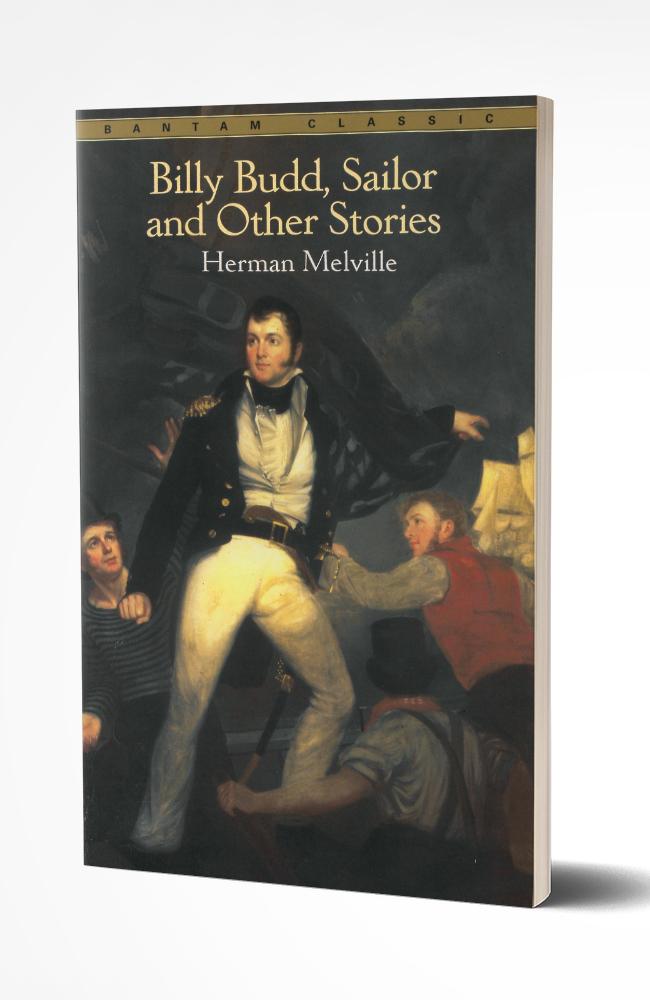

Whilst summer lasts, and I live here, Fidele-" The Paradise of Bachelors and the Tartarus of Maids Runaways, Castaways, Solitaries, Gravestones, Etc. No part of this publication may be reproduced, distributed, or transmitted in any form or by any means, including photocopying, recording, or other electronic or mechanical methods, without the prior written permission of the publisher, except in the case of brief quotations embodied in critical reviews and certain other noncommercial uses permitted by copyright law.Ĭover Image: a detail of Battle ship about 1760, Mitchell, William Frederick (1845-1914) / Private Collection / © Look and Learn / Bridgeman Images. Read moreĬover.jpg BILLY BUDD, BARTLEBY, AND OTHER STORIES By HERMAN MELVILLE This edition includes a biographical afterword. Also included in this collection are the following tales: “The Piazza”, “Bartleby: The Scrivener”, “Benito Cereno”, “The Lightning-Rod Man”, “The Encantadas”, “The Bell-Tower”, and “The Paradise of Bachelors and The Tartarus of Maids”. Presented here in this volume is Weaver’s original 1924 edition, a first of many attempts to piece together and refine the sometimes illegible text, which included questionable additions and omissions made by Melville’s wife after his death. The story stemmed from Melville’s interest in an 1888 article called “The Mutiny on the Somers,” concerning three sailors who in 1842 had been convicted of mutiny. The novel is concerned with its titular character, Billy Budd, a navy sailor accused of mutiny by a fellow officer, who immediately strikes his accuser dead, followed quickly by a trial, conviction and execution. Despite the complex and incomplete nature of the manuscript excitement arose around this “new” Melville work when it was first discovered. “Billy Budd” is the final work of American author Herman Melville which was discovered amongst his papers three decades after his death and first published in Raymond Weaver’s 1924 edition of “The Collected Works of Melville.” The emergence of that collection as well as Weaver’s 1921 biography, “Herman Melville: Man, Mariner and Mystic”, sparked a revival of interest in the forgotten writer.


 0 kommentar(er)
0 kommentar(er)
